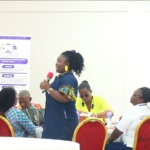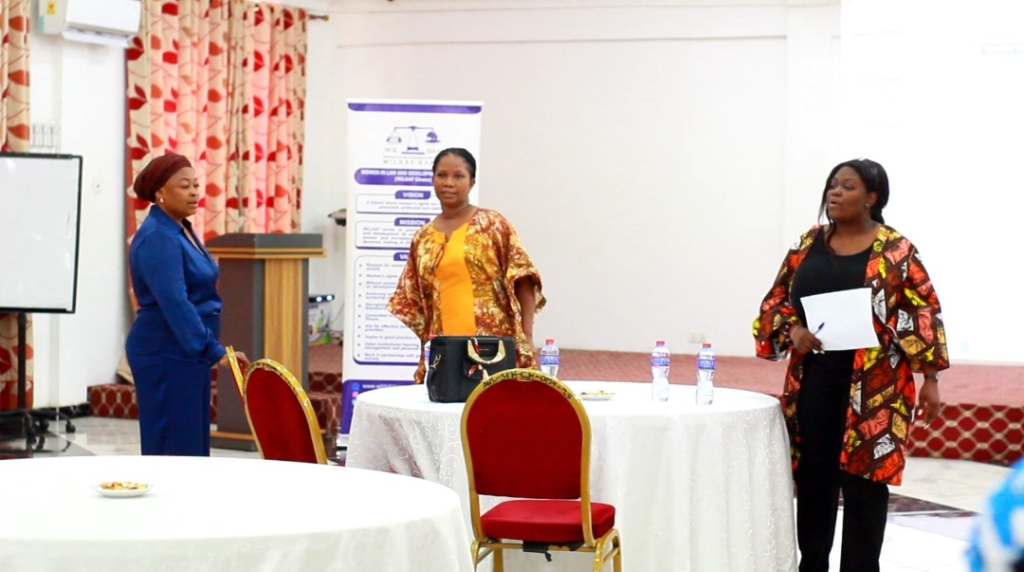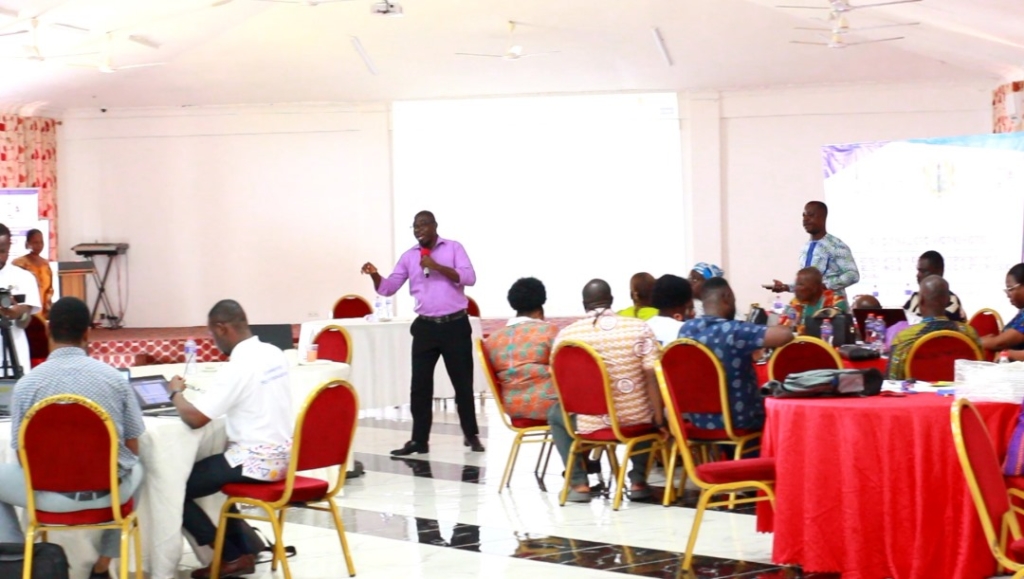
A two-day Regional Civil Society Organisation (CSO) workshop aimed at boosting investments in gender-responsive climate initiatives has been held for selected CSOs and two District Assemblies in the Volta Region.
The beneficiary assemblies were the Akatsi North and Anloga Districts.
Organised under the Strengthening Investments in Gender Responsive Climate Change (SIGRA) project, the workshop was led by Women in Law and Development in Africa (WiLDAF) Ghana, in collaboration with COWATER, the Volta Regional Coordinating Council (VRCC), and funded by Global Affairs Canada.
The engagement formed part of a five-year initiative to increase awareness and deepen understanding of the link between gender and climate change adaptation.

Participants gained deeper insight into the planning and budgeting processes of Metropolitan, Municipal and District Assemblies (MMDAs), with emphasis on the need for climate-sensitive and gender-inclusive development interventions.
Melody Darkey, National Programme Coordinator for WiLDAF Ghana, said the workshop followed earlier capacity-building efforts aimed at strengthening women’s participation in climate governance.

She noted that WiLDAF is empowering women’s rights organisations and community-based groups to engage effectively with MMDAs to ensure that women’s priorities and climate adaptation needs are reflected in district development plans and budgets.
She expressed optimism that through SIGRA, key government institutions such as the Environmental Protection Agency (EPA), National Development Planning Commission (NDPC), Regional Coordinating Councils (RCCs), and the Ministry of Finance will place greater emphasis on climate and gender issues — leading to stronger investments that enhance the resilience of women and other vulnerable groups across Ghana.
Madame Elhan Mumuni, Advisor on Gender and CSOs with COWATER Ghana, highlighted that beyond supporting planning processes, the SIGRA project also provides grants to implementing districts. These grants, she explained, will help roll out innovative, gender-responsive climate adaptation initiatives that boost community resilience and attract increased climate financing into the country.

She expressed confidence that the knowledge gained from the workshop would be incorporated into district budgets and development planning moving forward.
The Strengthening Investments in Gender Responsive Climate Change (SIGRA) project is a five-year, Canadian-funded initiative designed to help Ghana integrate gender considerations into climate change adaptation and development planning.
Implemented by WiLDAF Ghana in partnership with COWATER and regional authorities, the project supports selected districts to build technical capacity, improve stakeholder engagement, and implement climate adaptation measures that directly benefit women and girls.
SIGRA also seeks to attract climate investments into local communities, strengthening national resilience to climate risks while advancing gender equality.